Senator Mark Schoesler on 920 News Now with Kris Siebers and Teresa Lukens talking about gas taxes and unemployment insurance. https://soundcloud.com/kxly-920/01262021-wa-senator-mark-schoesler
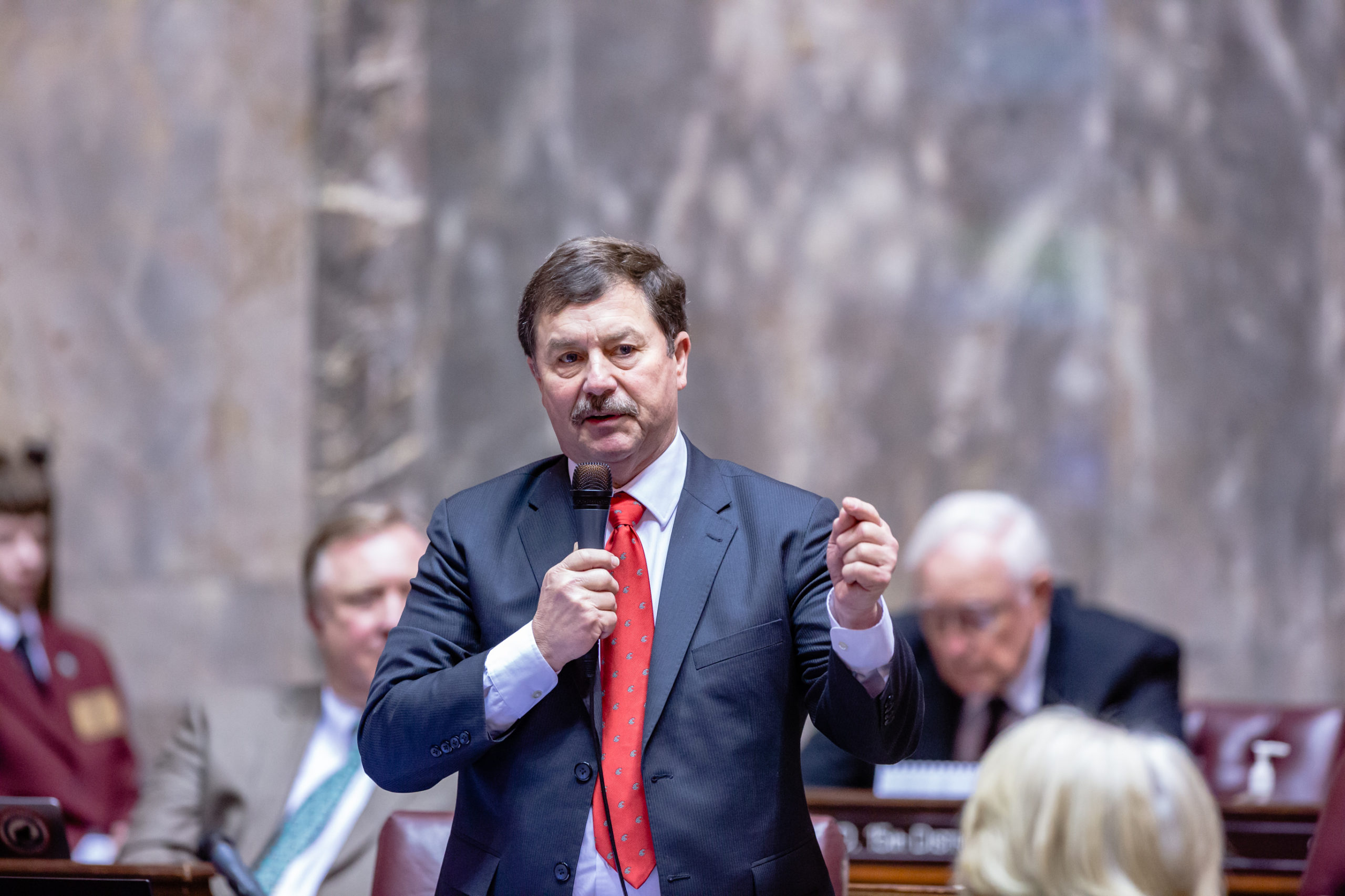

Senator Mark Schoesler on 920 News Now with Kris Siebers and Teresa Lukens talking about gas taxes and unemployment insurance. https://soundcloud.com/kxly-920/01262021-wa-senator-mark-schoesler
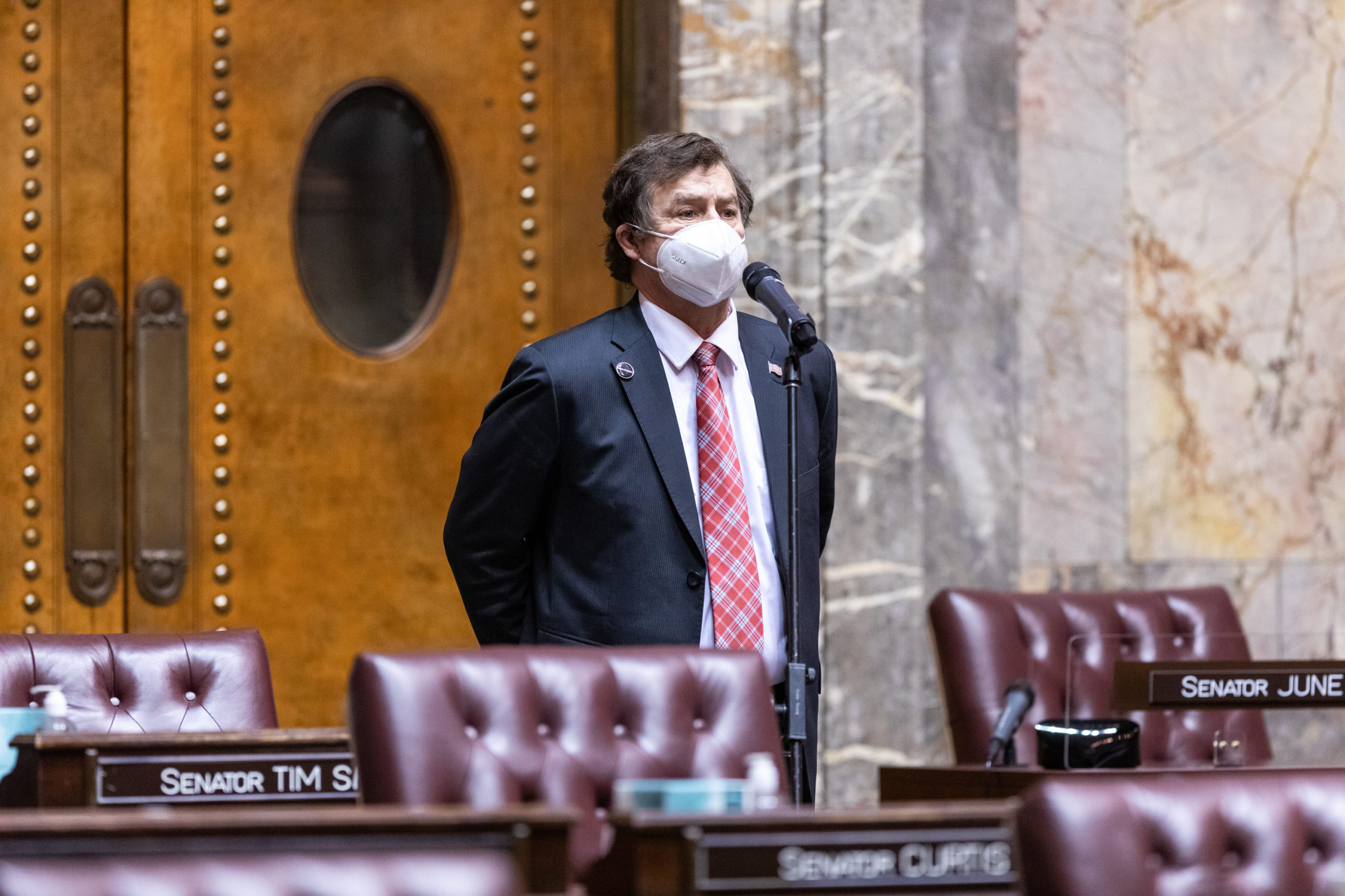
Sen. Mark Schoesler talks with KONA's The Bottom Line about a Democrat move to extend the governor's emergency proclamations, how restrictions on restaurants should be relaxed, and barriers to democracy in Olympia.
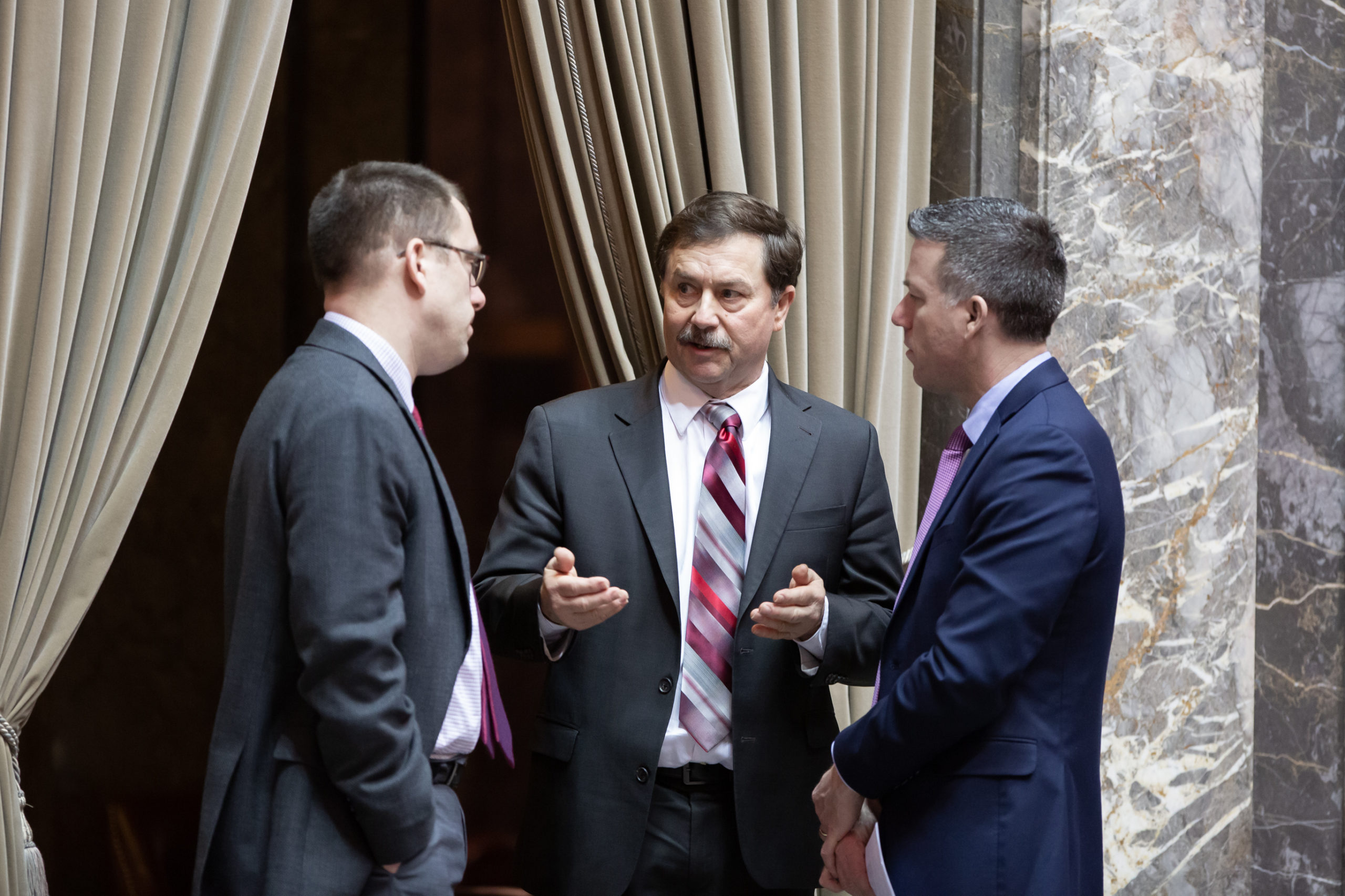
Senator Mark Schoesler talks to KTTH’s Jason Rantz about what it takes to be the Senate Republican Leader.
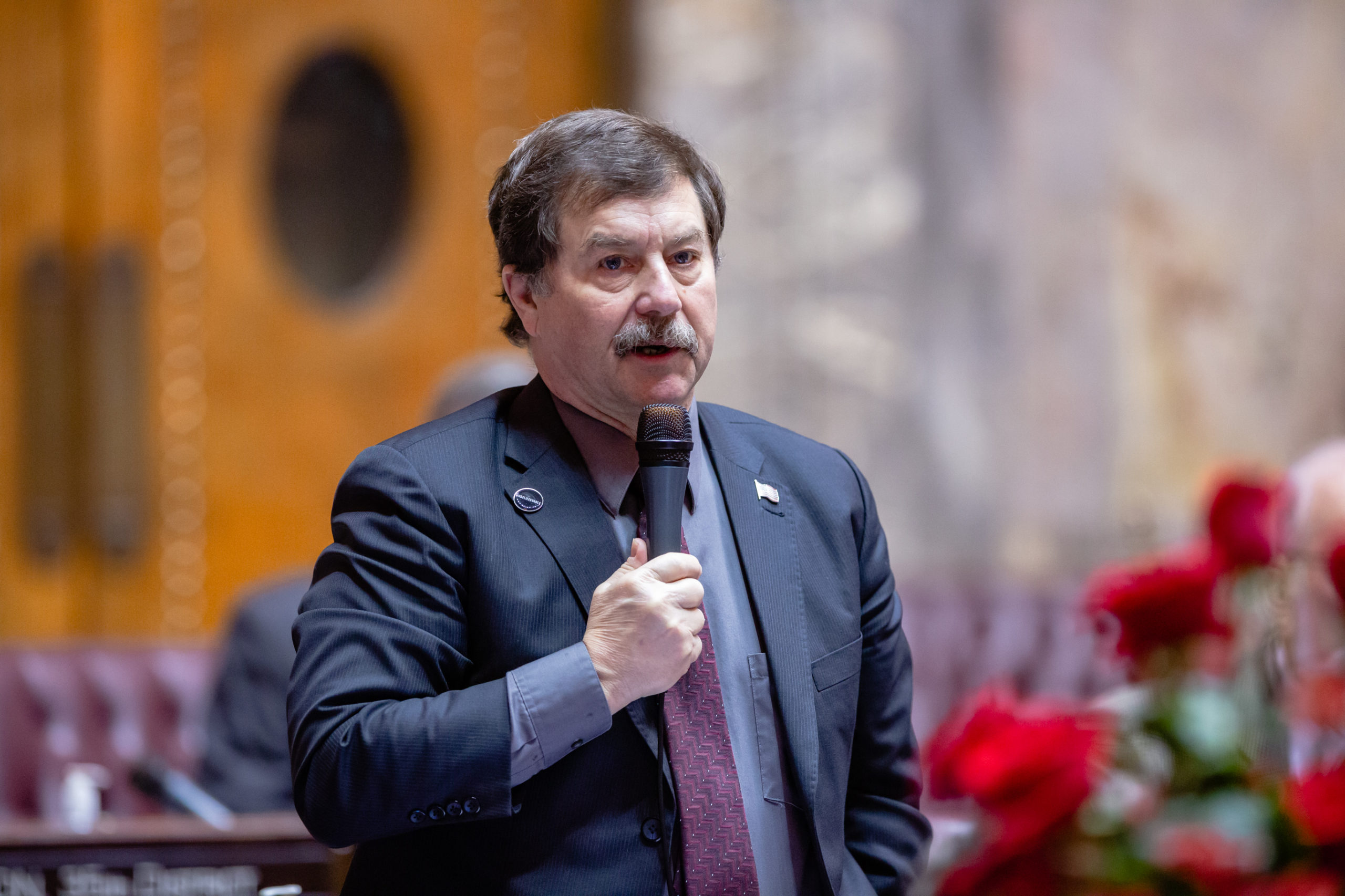
Sen. Mark Schoesler talks to KIRO's Dave Ross about Gov. Inslee's COVID restrictions, assistance for employers and the need for a special session.
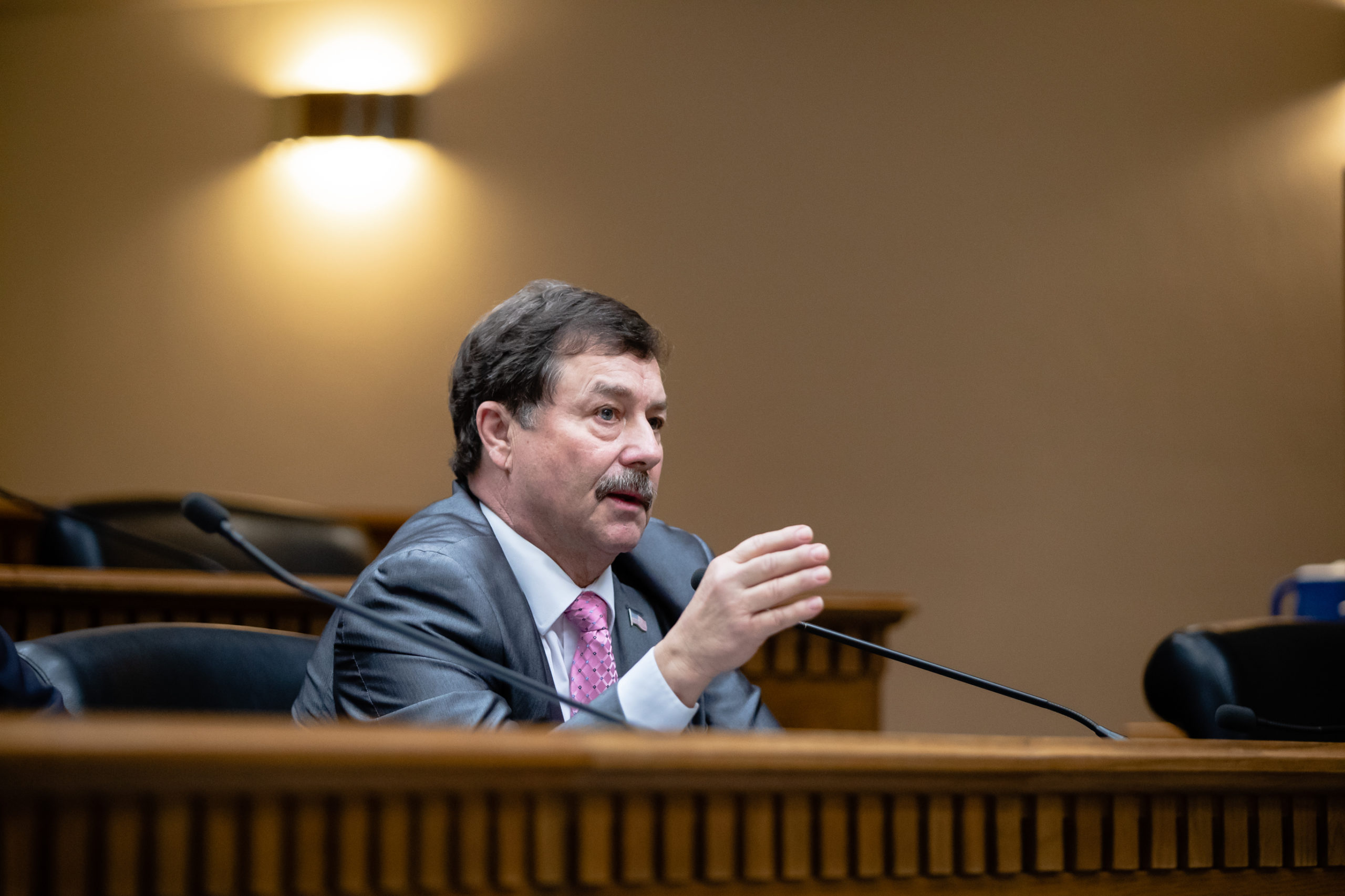
Sen. Mark Schoesler discusses Gov. Inslee's latest COVID-19 restrictions.
Senate passes the Small Business Bonding Relief bill
It obviously has not been easy for lawmakers to come up with legislation that fixes the constitutional issue about school levies raised in the McCleary ruling, treats students and taxpayers in 295 diverse districts equitably and responds to long-standing compensation...
This week Republican legislative leaders had their first meeting of the session with statehouse reporters. As expected the press corps asked first about education funding – including, when will they see a plan from Republicans to fully fund our K-12 schools? A...
As we reflect today on Dr. Martin Luther King Jr. and what he meant to our country, I think about another distinguished African-American leader: my late friend Dr. Elson Floyd, the former Washington State University president who lost his battle with cancer in June...
According to Governor Inslee, state government has an “obligation” to pour many more billions of dollars into Washington’s K-12 schools. That’s on top of the additional billions budgeted by the Legislature for basic education in the past four years. “In this day and...
My former Senate colleague, Ed Murray, made a dire prediction ahead of the formation of our Senate Majority Coalition Caucus four years ago. In an interview with TVW, the now-Seattle mayor predicted that if two Democrats (Senator Tim Sheldon and former Senator Rodney...